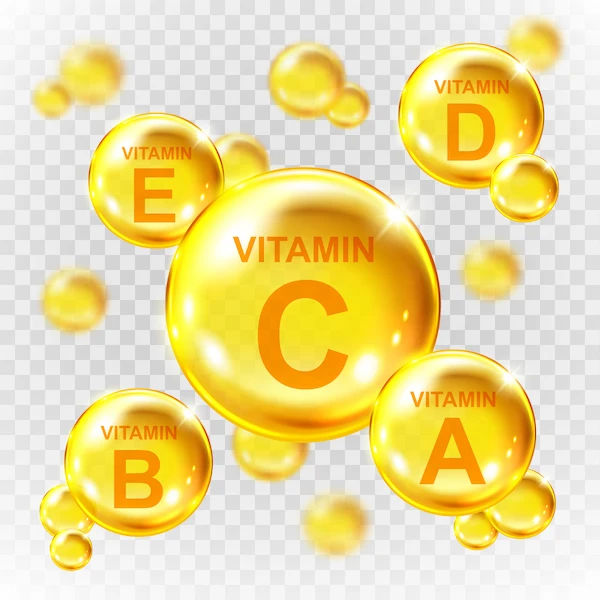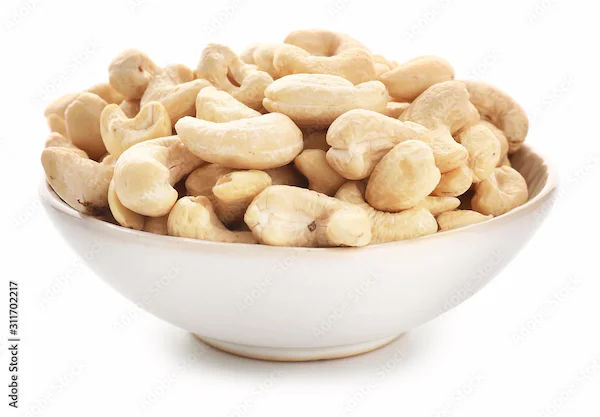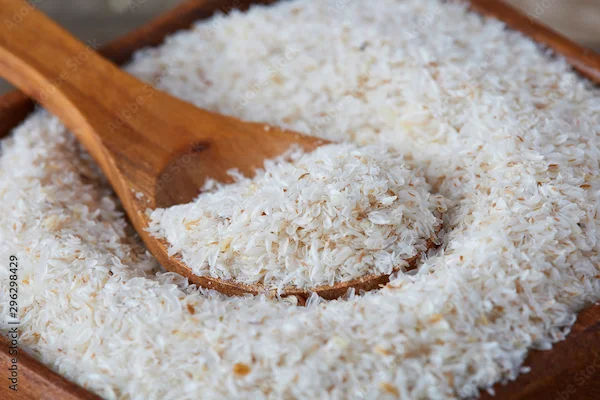Folate and Folic Acid: A Health Overview
Know about folate and folic acid, what they are, and why they are important. Who is at risk and how to get enough folate and folic acid, and more.

Written by Dr. Vasanthasree Nair
Reviewed by Dr. Rohinipriyanka Pondugula MBBS
Last updated on 7th Aug, 2025

Introduction
If you've ever wondered about the importance of folate and folic acid for your health, you're not alone. These nutrients play a crucial role in keeping our bodies functioning properly, especially for pregnant women and those with certain health conditions.
In this article, we’ll break down what folate and folic acid are, why they matter, and how you can ensure you're getting enough of them.
What Are Folate and Folic Acid?
Folate (Vitamin B9)
Folate is a naturally occurring form of Vitamin B9, found in foods like leafy greens, beans, and citrus fruits. It helps in:
Cell growth and repair
DNA formation
Red blood cell production
Preventing birth defects in pregnancy
Consult a General Practitioner for Personalised Advice
Folic Acid (Synthetic Vitamin B9)
Folic acid is the man-made version of folate, often added to fortified foods (like cereals and bread) or taken as supplements.
It’s especially important for people who don’t get enough folate from their diet.
Why Are Folate and Folic Acid Important?
1. Supports Pregnancy and Fetal Development
Folate is essential for pregnant women because it helps prevent neural tube defects (serious birth defects affecting the baby’s brain and spine).
Doctors often recommend folic acid supplements before and during pregnancy.
2. Prevents Anaemia
Folate helps produce healthy red blood cells. A deficiency can lead to megaloblastic anaemia, where red blood cells are large and immature, causing fatigue and weakness.
3. Supports Heart Health
Folate helps lower homocysteine levels (an amino acid linked to heart disease when elevated). Adequate intake may reduce the risk of heart disease and stroke.
4. Aids Mental Health
Low folate levels have been linked to depression and cognitive decline. Some studies suggest folic acid supplements may help improve mood and brain function.
Symptoms of Folate Deficiency
If your body lacks enough folate, you may experience:
Fatigue and weakness
Pale skin
Mouth sores
Poor concentration
Irritability
Shortness of breath
Severe deficiency can lead to anaemia and complications in pregnancy.
Who Is at Risk of Folate Deficiency?
Certain groups are more likely to have low folate levels:
Pregnant women (due to increased demand)
People with poor diets (low in fruits and vegetables)
Alcoholics (alcohol interferes with folate absorption)
People with digestive disorders (like celiac disease or Crohn’s disease)
Those taking certain medications (like methotrexate or anti-seizure drugs)
How to Get Enough Folate and Folic Acid?
1. Eat Folate-Rich Foods
Include these in your diet:
Leafy greens (spinach, kale)
Legumes (lentils, chickpeas)
Citrus fruits (oranges, lemons)
Avocados, bananas, and nuts
Fortified cereals and bread
2. Consider Folic Acid Supplements
If you’re at risk of deficiency (especially pregnant women), your doctor may recommend 400–800 mcg of folic acid daily. Always consult a doctor before starting supplements.
3. Avoid Excessive Alcohol
Alcohol reduces folate absorption, so moderation is key.
4. Get Regular Check-ups
If you have symptoms of deficiency or belong to a high-risk group, a simple blood test can check your folate levels.
Do You Have Too Much Folic Acid?
While folate from food is safe, excessive folic acid from supplements (over 1000 mcg/day) can mask Vitamin B12 deficiency, leading to nerve damage if untreated.
So, stick to recommended doses unless advised otherwise by a doctor.
When to See a Doctor?
Consult a healthcare provider if you:
Are you planning a pregnancy, or are you pregnant
Have persistent fatigue or anaemia symptoms
Have digestive issues affecting nutrient absorption
Final Thoughts
Folate and folic acid are vital for overall health, from supporting pregnancy to preventing anaemia and heart disease. Eating a balanced diet rich in folate and considering supplements when needed can help maintain optimal levels. If you suspect a deficiency, don’t hesitate to seek medical advice.
Consult a General Practitioner for Personalised Advice
Consult a General Practitioner for Personalised Advice
Dr. Gaddam Manoj
General Practitioner
1 Years • MBBS
Hyderabad
Aaradhya clinic, Hyderabad

Dr. D Bhanu Prakash
General Practitioner
10 Years • MBBS, AFIH, Advanced certificate in critical care medicine, Fellowship in critical care medicine
Hyderabad
Apollo 24|7 Clinic, Hyderabad

Dr Syed Mateen Pasha
General Physician
2 Years • MBBS
Bengaluru
PRESTIGE SHANTHINIKETAN - SOCIETY CLINIC, Bengaluru

Dr. Anand Ravi
General Physician
2 Years • MBBS
Bengaluru
PRESTIGE SHANTHINIKETAN - SOCIETY CLINIC, Bengaluru

Dr. Madhuri Sai Sreepada
General Practitioner
9 Years • MBBS
Hyderabad
BRIGHT SMILES MEDICARE & DENTAL CARE, Hyderabad




